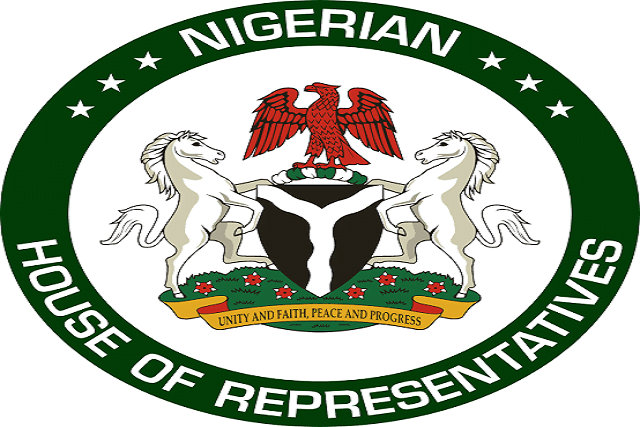Development Of Political Parties
Nigerian National Democratic Party (NNDP) Party Objectives Municipal Autonomy for Lagos Coordination of Legislative Council Representation Expansion of Educational Opportunities Nationwide Party Establishment Collaboration with the National Congress of British West Africa Leadership and Achievements Herbert Macaulay initiated and led the NNDP until his demise in 1946. Egerton Shyngle served as the inaugural president, […]
Development Of Political Parties Read More »

